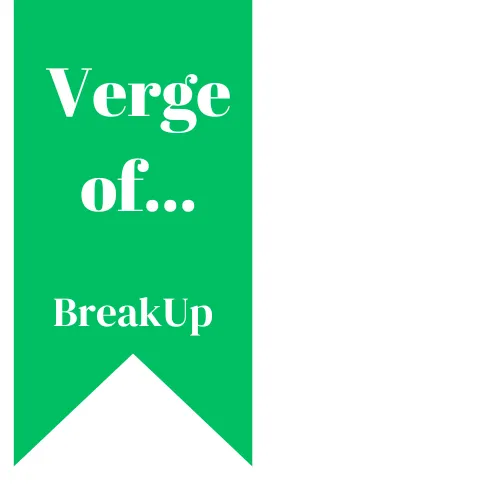
Broken Models
Unfortunately for most of us, our models for relationships are broken. When couples struggle, they’re often being negatively influenced by past relationship experiences and even the relationships that shaped their very first views of how relationships are or are not supposed to work. In working with couples, some it is important to find out how each partner built their model of a “good” relationship.
In a world where relationship failure has been the norm since the 1970s, it’s likely that most people’s parents and even grandparents provided some messed up models of what a connected relationship should look like. Throw onto that all of your previous relationships and everything that has trained us for relationships is bad. If you think about it, almost every relationship you’ve been in (other than the current one) ended poorly. If they had been great… you’d still be in it, right? Of course there are exceptions. Maybe your parents relationship was spectacular - at least what you saw of it from some age of consciousness until now - but even these positive role models can leave us with the impression that they didn’t have to work hard to figure it out.
We certainly can’t look to social media for relationship models. Nobody is posting their arguments and struggles on Facebook - it’s all vacations, romantic dinners and couples hikes. Movies and television certainly aren’t any help in giving a blueprint for the perfect relationship. From unrealistic Disney princess love stories to over-the-top engagement proposal ceremonies, Hollywood would have you believe that the big struggles in a relationship are a five-minute misunderstanding that ends with your partner chasing you down in the airport to profess undying love and admit they were wrong.
So, how can a couple hope to have a healthy relationship when they aren’t really sure what one is? First, you’ve got to set aside the belief that a relationship feels happy and loving all the time. That’s just not sustainable. When you put two people in a small space for years on end and subject them to the stress of jobs, mortgages, car payments and raising children, there’s little hope that the patience, sweetness, and consideration of the dating days are going to be ever-present.
Sadly, many couples today hit the rough patches and decide to call it quits. If you read our blog enough, you’ll find stories about how relationships are getting shorter because people are bailing more quickly. Three things generate this trend: (1) broken models, (2) the untrue belief that conflict doesn’t happen in ‘good’ relationships, and (3) the desperate attempt to avoid making the same mistakes as our parents or our past relationships causing us to jump at the first sign of trouble.
Great relationships aren’t made in a perfect world. Great relationships are molded by the challenges that they survive. Learning to have a great relationship is about learning to get through the rough spots in a kind, loving, respectful and supportive way. We must learn to help our partner in their low moments and be able to rely on them in ours. That’s easier said than done but it certainly isn’t impossible.
Fortunately, your relationship has some advantages over past generations. Our diverse society has given us some ability to understand that not everyone is exactly alike, which wasn’t the case in the past. Additionally, there are more resources available to you than ever before. Sure, social media and the internet are part of the problem but they’re also part of the solution. You can find great stuff that helps you and your partner learn and do better. After all, you’re here. You found this information. You can even find niche guidance from people just like you, even if you’re a left-handed physician with a craving for corn chips trying to be in a relationship with a right-handed professional frisbee golfer who doesn’t use deodorant. Find an outside source that can help get you both through the tough spots.
Whatever you do, throw out the bad models and focus on creating the relationship you and your partner want. When you can turn your attention to building that model together, you’ll find relationship success.

